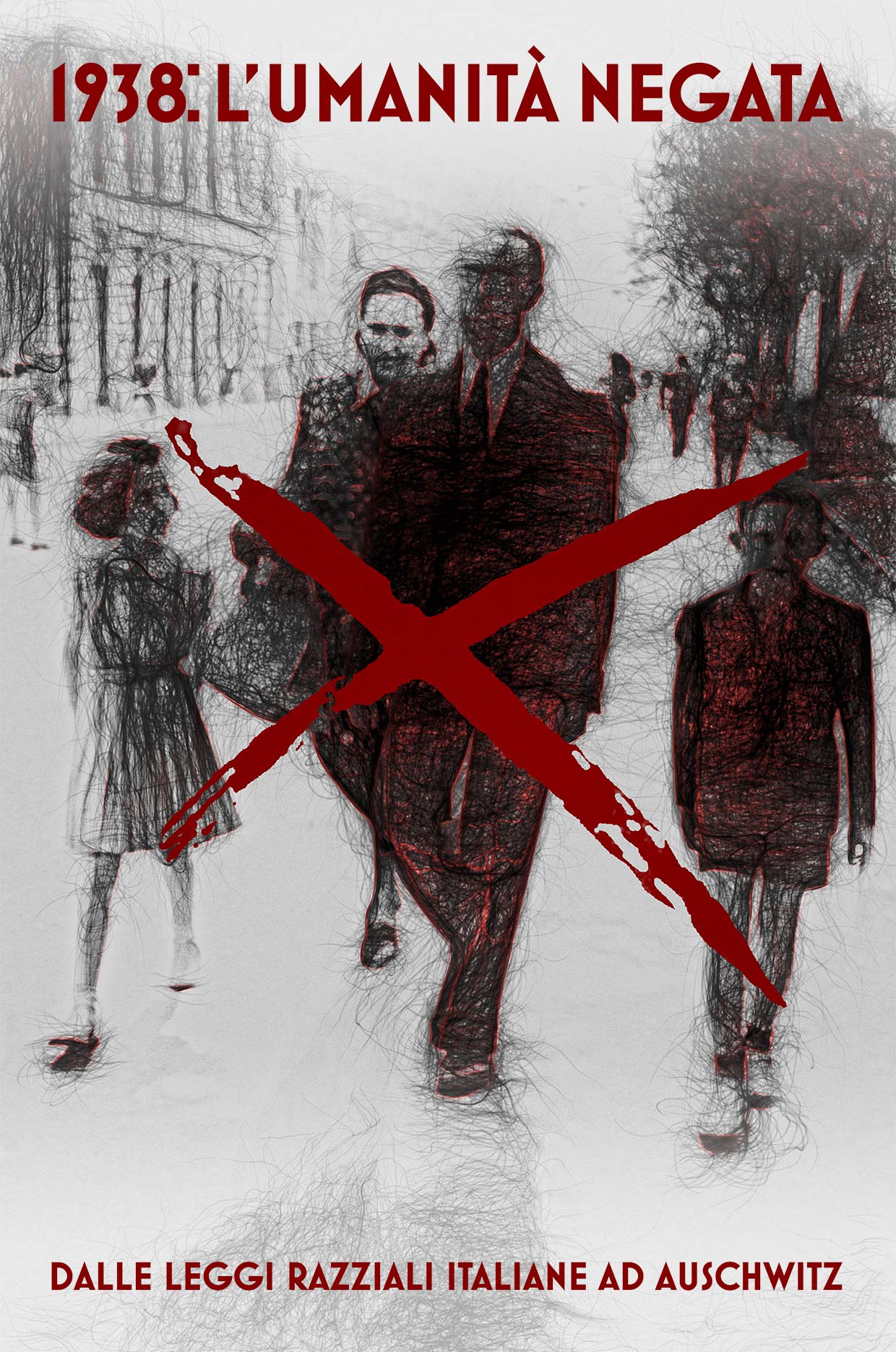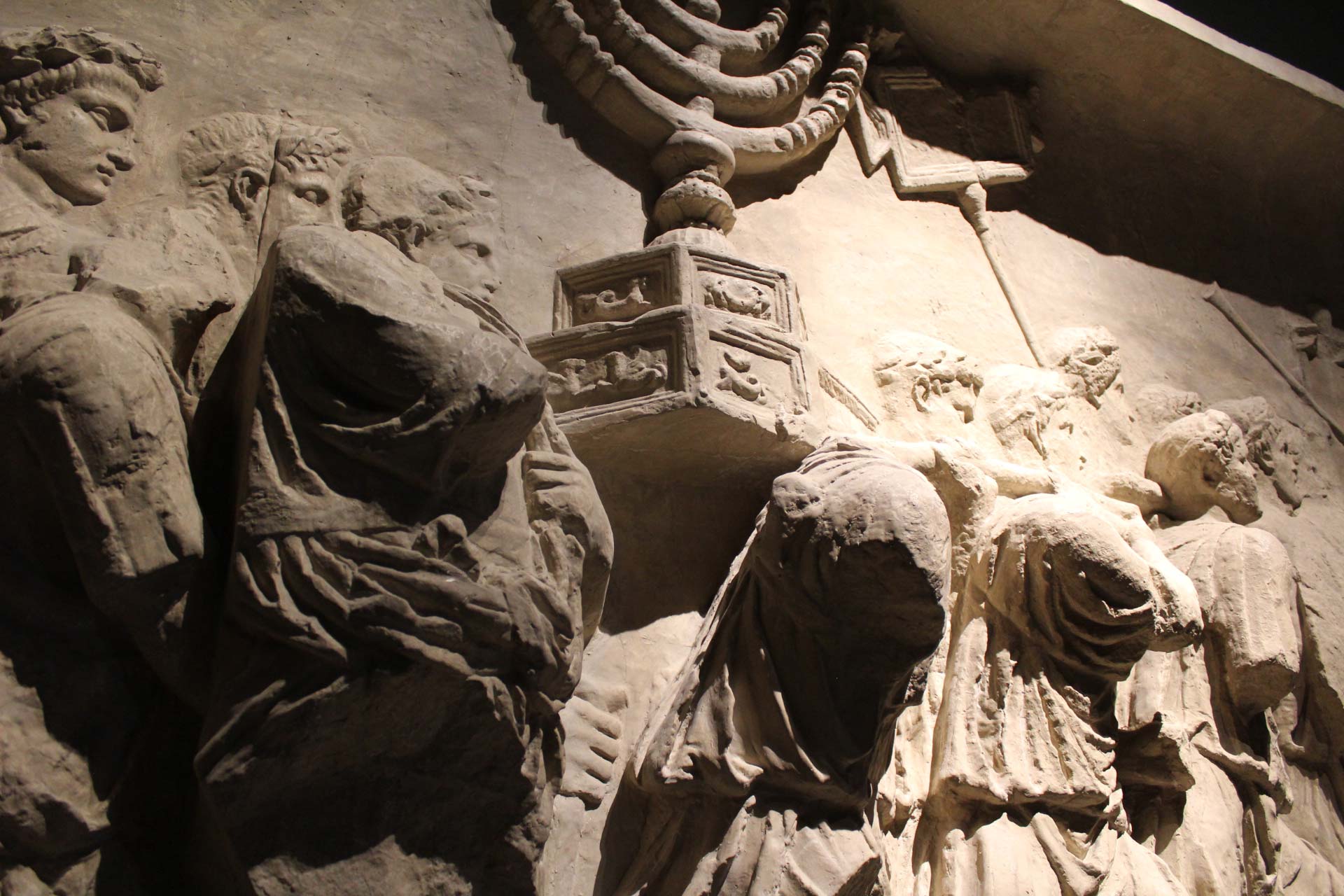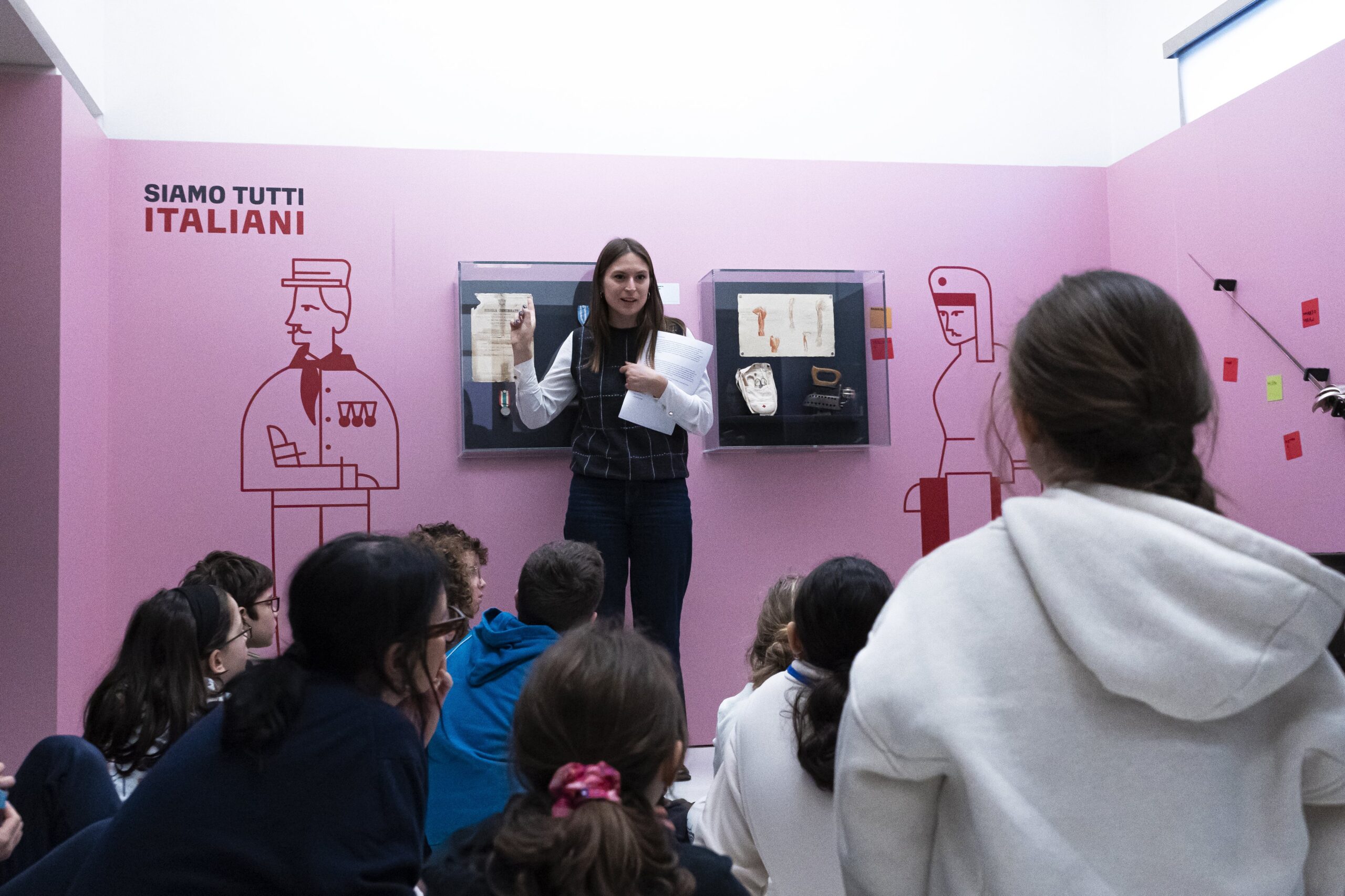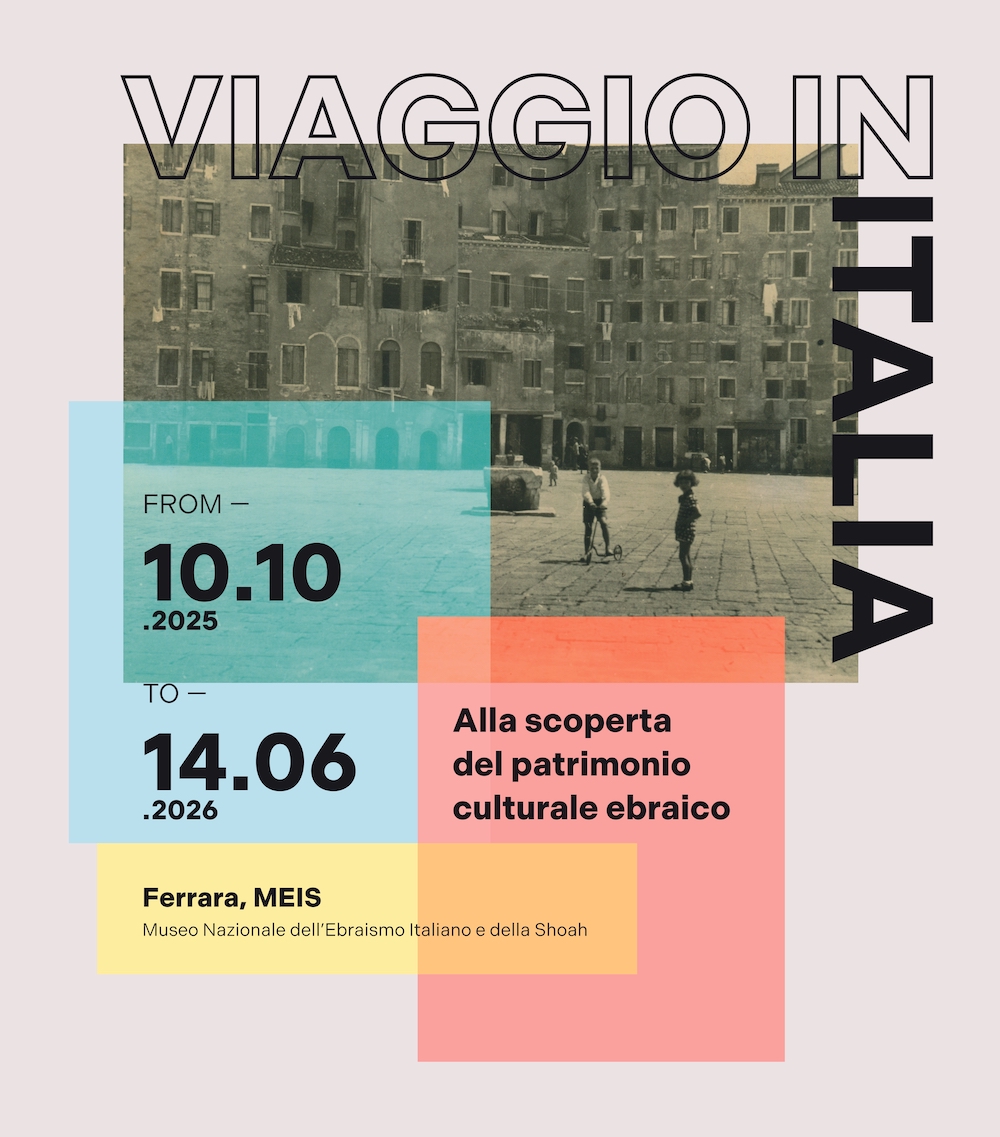
New MEIS director Rabbi Spagnoletto takes office
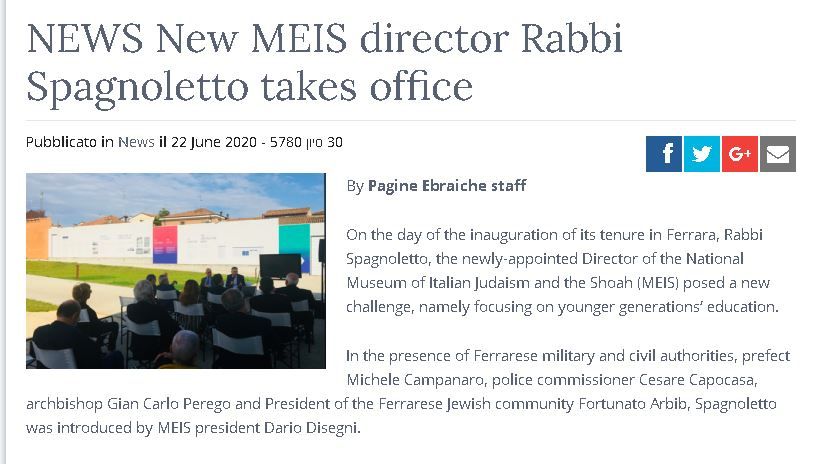
On the day of the inauguration of its tenure in Ferrara, Rabbi Spagnoletto, the newly-appointed Director of the National Museum of Italian Judaism and the Shoah (MEIS) posed a new challenge, namely focusing on younger generations’ education.
In the presence of Ferrarese military and civil authorities, prefect Michele Campanaro, police commissioner Cesare Capocasa, archbishop Gian Carlo Perego and President of the Ferrarese Jewish community Fortunato Arbib, Spagnoletto was introduced by MEIS president Dario Disegni.
“In spite of the Covid-19 emergency, the Museum has never stopped working, but has been focusing on new online initiatives instead. We are now pleased to welcome you back on this Inauguration Day dedicated to Amedeo Spagnoletto, MEIS’ new director.”
Disegni mentioned the connection between Rabbi Spagnoletto and the museum: “In our latest exhibition, ‘Il Rinascimento parla ebraico’ (‘The Renaissance speaks Hebrew’), we decided to display Biella’s Sefer Torah, the most ancient Torah scroll still fit for ritual use. Well, this extraordinary discovery was the result of Amedeo Spagnoletto’s work – as a sofer (a ritual scribe), he decided to carry out in-depth examination, discovering that this Torah scroll did not date back to the 16th century, as it was initially thought, but to the second half of the 13th century instead. This revelation spread all over the world.”
He concluded, “I’d like to express a heartfelt thanks to the outgoing director Simonetta Della Seta, who has made the museum’s opening possible and has enlivened it with a great number of initiatives. MEIS is now getting ready for the upcoming cultural events and the large exhibition on ghettos which will be inaugurated in 2021.”
Rabbi Spagnoletto introduced himself giving a foretaste of the exhibition. In his short speech on education at the time of ghettos, he explained, “What enabled Jews to survive despite all incidents is education. Many Talmud principles focus on teaching techniques and address this topic in a rather modern way, e.g. they suggest keeping undisciplined students inside the classroom, as this is the only way they will learn something. In addition, Pesach Haggadah features the representation of the four children – the wise son, the wicked son, the simple son and the son who doesn’t know how to ask questions. They are nothing but the four types of students teachers or parents have to deal with in order to impart their knowledge to each one of them.”
This journey through education continued with Leon da Modena (1571-1648), who was educated in Ferrara as a child; the examination of some inscriptions along some manuscripts’ margins, featuring information such as a teacher salary in those days; the picture of an ancient Ferrarese Jewish abecedary which carries us into a classroom from ages ago.
The ceremony ended with a tribute to the Jewish community of Cuneo, whose heritage has been preserved and passed down to younger generations by Enzo Cavaglion, the brave partisan who passed away last year.
Translated by Claudia Azzalini and revised by Mattia Stefani, both students at the Advanced School for Interpreting and Translation of Trieste University and interns at the newspaper office of the Union of the Italian Jewish Communities.
Altri contenuti
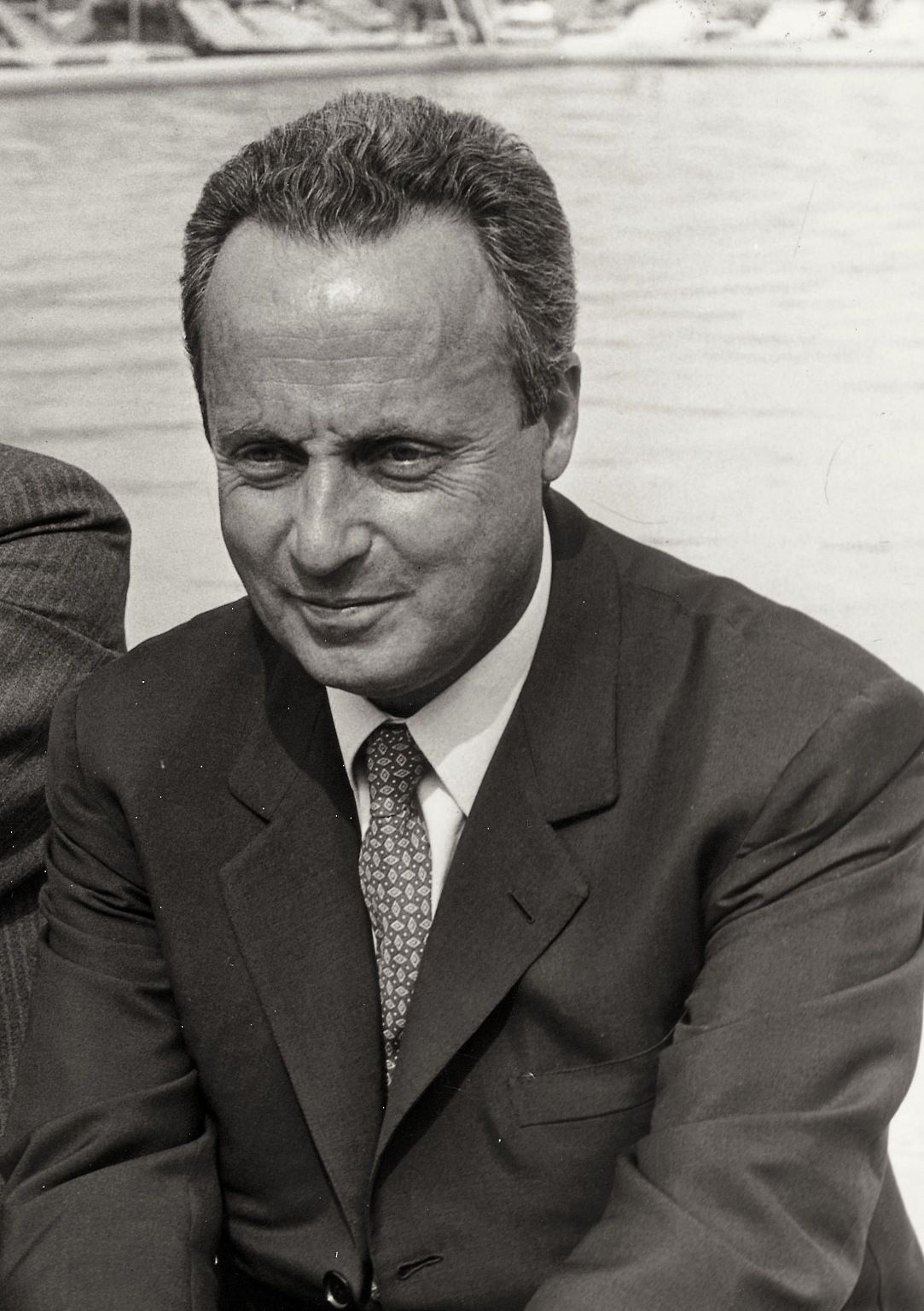
4 marzo 2026: 110 anni dalla nascita di Giorgio Bassani

12 marzo, evento online

8 marzo, incontro su Giorgio Bassani
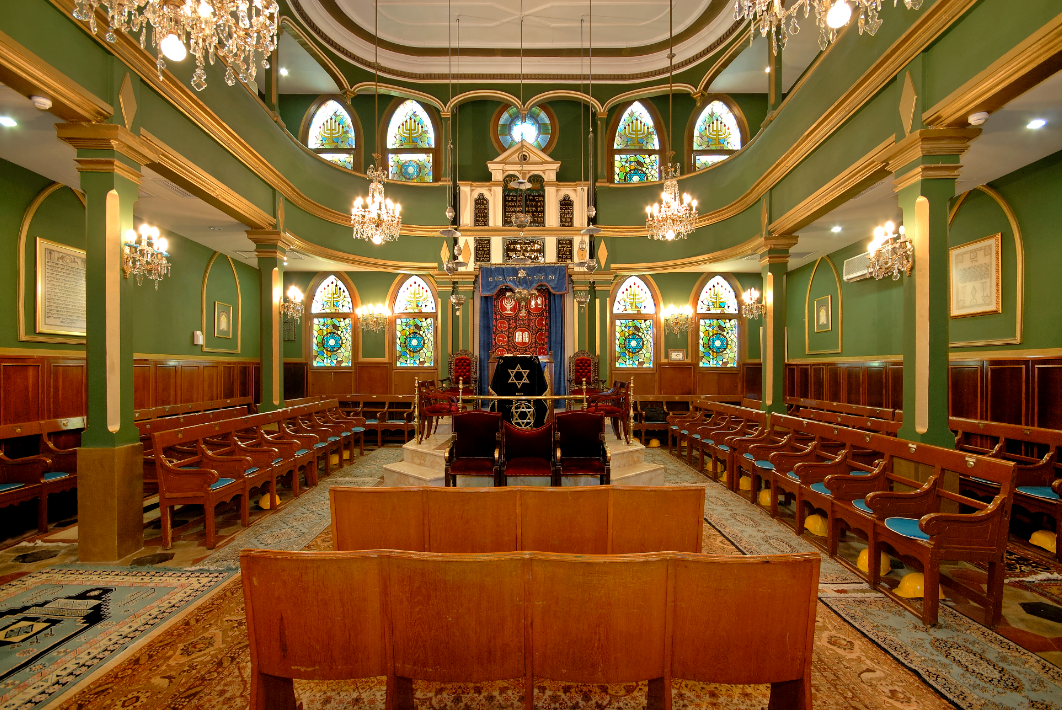
12 febbraio, evento online


